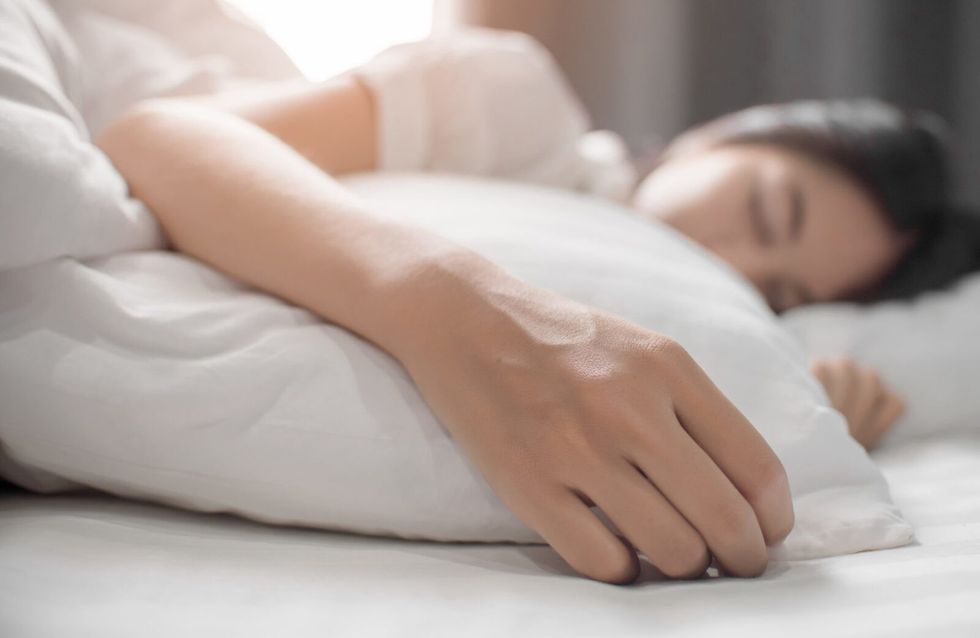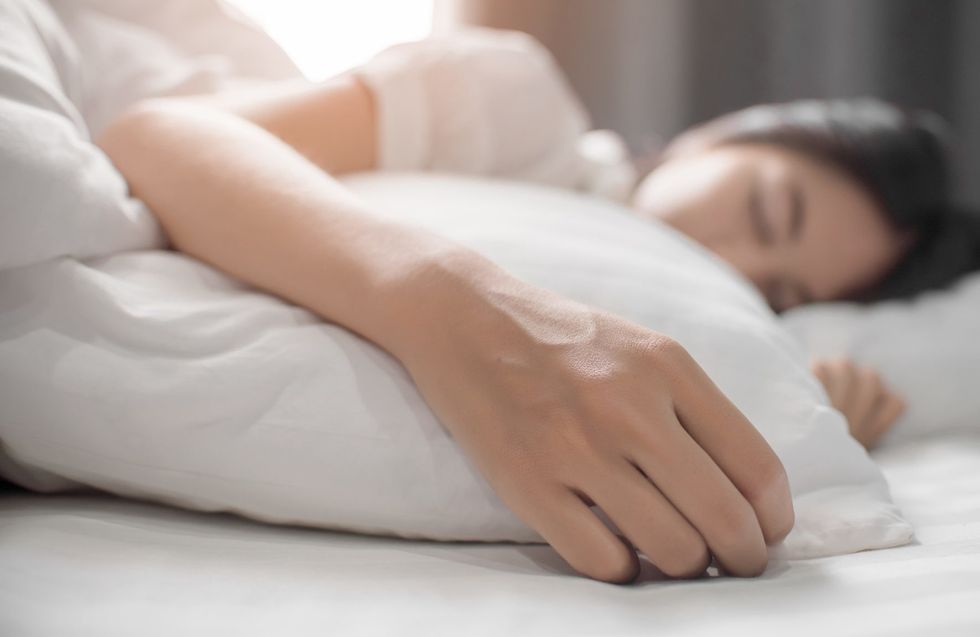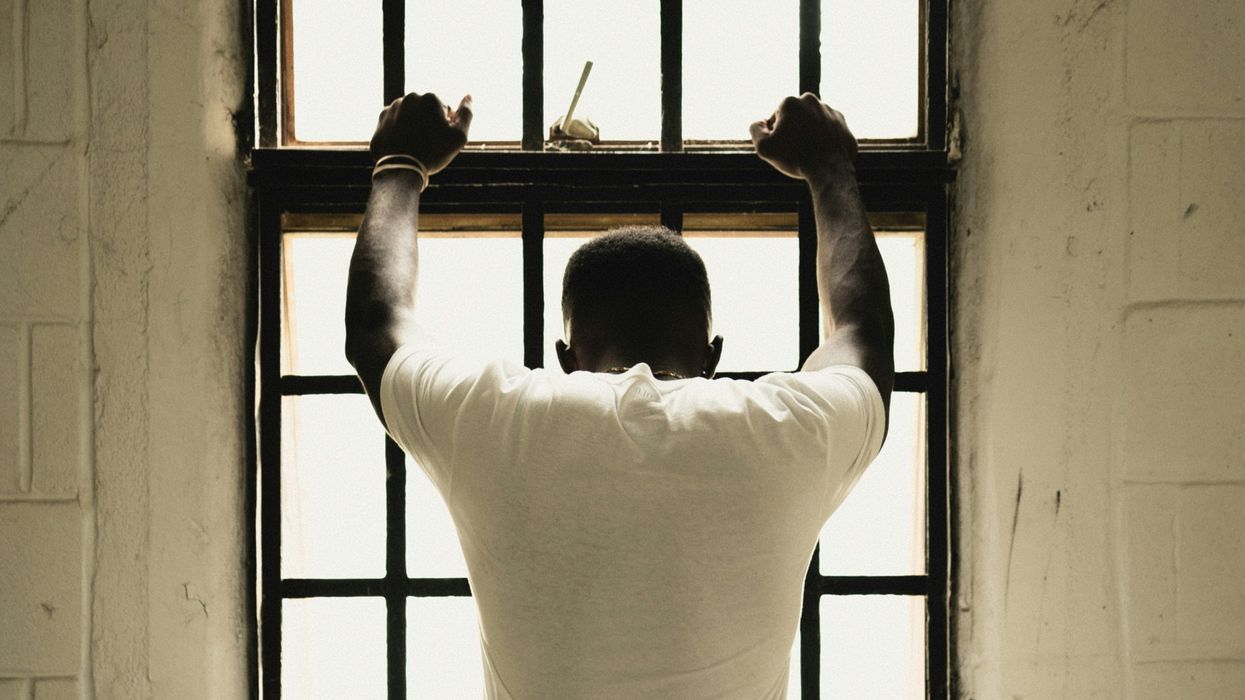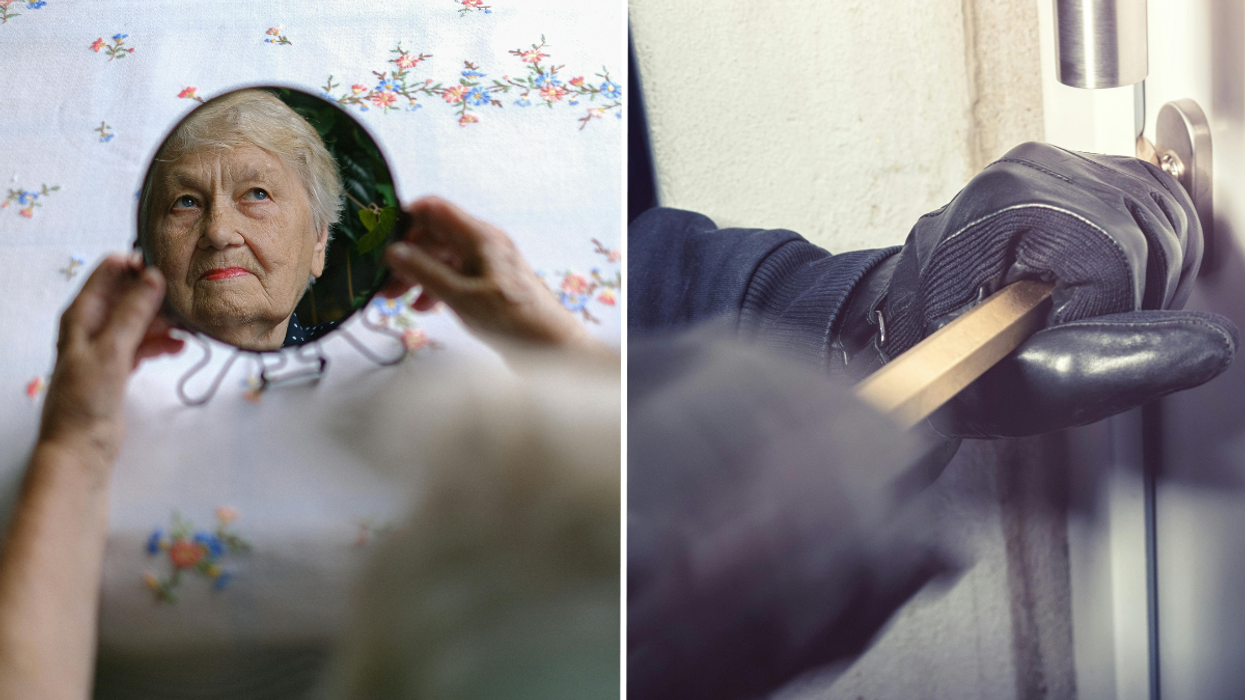
The Science Behind a Good Night's Sleep
For many of us, getting a consistent amount of sleep every night is a challenge at the best of times. Yet it’s when our sleep pattern becomes disrupted that we realize just how important a good night's sleep is. Thankfully, scientists have been engaged in sleep research for many years, and the tips offered in the infographic below are based on their findings aimed at improving sleep quality.
The Science Behind a Good Night's Sleep
But before we even consider how to get a good night’s sleep, it’s important to understand what a good night's sleep looks like. The National Sleep Foundation recently listed these four factors to define exactly what a good night's sleep is:
- You take half an hour or less to fall asleep.
- You wake up no more than once per night.
- If you do wake up in the middle of the night, you fall back asleep within 20 minutes.
- You’re asleep for at least 85% of the time you spend in bed.
If you are regularly meeting all four of these factors then in general you don’t have any problems with sleep. But if you are regularly failing to meet one of the factors then it’s likely your sleep pattern has room for improvement.
For more information about the science behind a perfect night’s sleep, check out the infographic below.

For example, it’s common to focus on the amount of sleep that we are getting, especially when we are going through periods of not sleeping well. But the amount of sleep you might actually need depends on many factors, from your age to the time of year and how active you are during the daytime. So in many ways, focusing on amount of time asleep isn’t helpful.
A more useful measure of how much sleep you need is simply how tired you are during the day. Both too little and too much sleep has the potential to make you feel tired during the day, so the only way to try and work out your perfect amount of sleep is to keep a sleep diary and to look for patterns.
Once you’ve been keeping a sleep diary for several weeks, then look for patterns to try and help you determine how many hours of sleep you might need on average. It’s likely to be between 7 and 9 hours, but it’s important not to be too hard on yourself if you aren’t hitting your target every night.




















 man in white t-shirt standing in front of windowPhoto by
man in white t-shirt standing in front of windowPhoto by 















Military Dad Defends His 4 Little Daughters When Strangers Make This Rude Remark